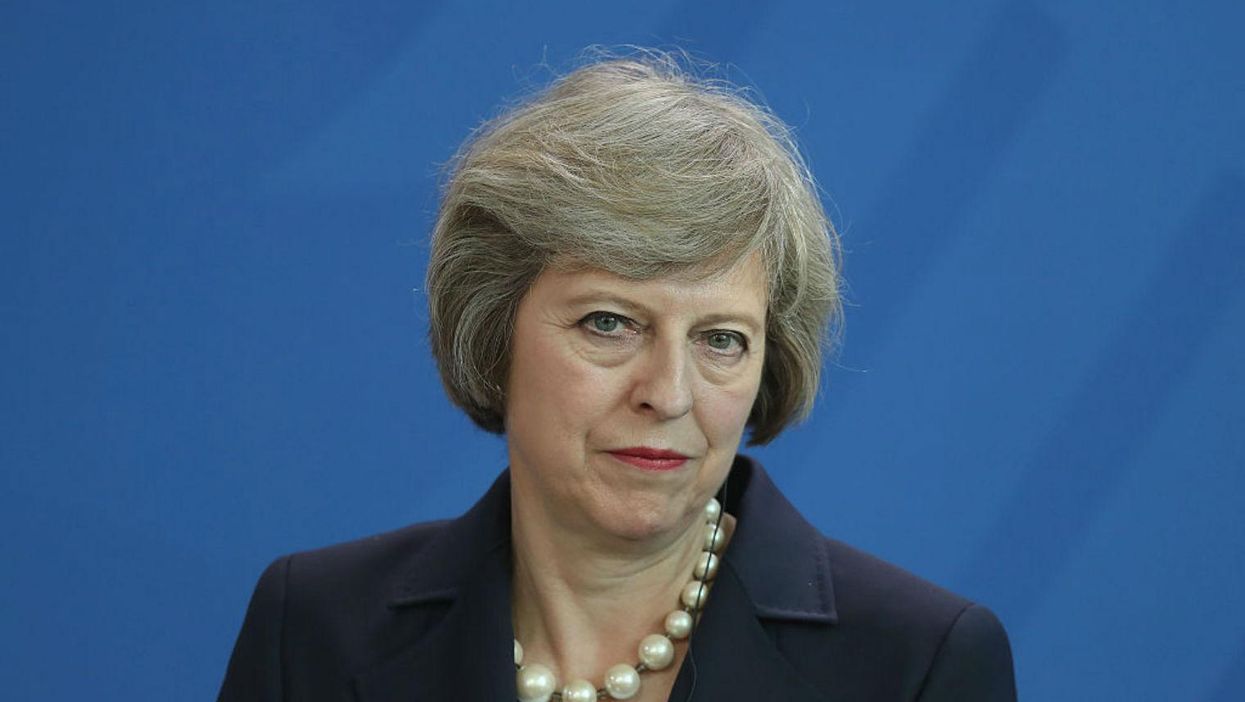News
Joe Vesey-Byrne
Jul 22, 2016

Picture: Sean Gallup/Getty
On the last day before the Summer recess of Parliament, the government traditionally dumps a lot of bad news.
On Thursday the government's website gov.uk released 292 publications and 108 batches of statistics, and 215 written statements were submitted to Parliament. This is an annual occurrence, timed to coincide with the day on which MP leave for their constituencies. Even if they read every publication and found things which they wished to protest or scrutinize, the recess prevents them from using the platform of the Commons chamber.
Here are some of the items the government is (probably) hoping nobody will see...
1. Murder and sexual assault figures went up
The Home Office released its crime statistics for England and Wales in the year ending March 2016. There were 571 homicides, up 34 on the previous year and among the highest recorded in the last five years. Police recorded violence against the person offences rising by 27 per cent but the report claimed that this was largely as a result of improvements in crime recording processes. Sexual assaults increased by 21 per cent, but this was also explained away by improvements to recording processes.
Overall the report states that there were an estimated 6.3 million incidents of crime experienced by adults aged 16 and over in the survey year ending March 2016; which was 6 per cent fewer than in the previous survey year (6.8 million).
2. Funding education for Nurses is being changed
In a written statement to the House of Commons, a health minister announced changes to how nursing students are funded would indeed go through. The changes include ending the course fees and bursaries paid to nursing students and making them use the standard student support system for fee loans and living costs support. These students will therefore be subject to the same general student finance arrangements that apply to other undergraduate students when this change is applied from August 2017. The NHS Clinical Commissioners has opposed this measure.
3. Tuition fees are increasing
The government announced it would be going ahead with changes to the cap on tuition fees, raising the top amount from £9,000 to £9,250 from September 2017. In a point of order the Shadow Education Minister Gordon Marsden said:
This morning the Government, alongside 29 other written statements, sneaked out a confirmation of major increases in tuition fees by 2.8 per cent for the year 2017/18... Two days ago in this House we had the debate on the Higher Education Bill, in which ministers made no reference to this.
4. Second home ownership is booming
Despite a housing crisis, data within the government's Housing Survey shows that more and more people in the UK own more than one home. In the last three years the number has risen to 375,000 people with a second home. The number of first time buyers is dropping.
5. Cuts to schools funding
Education secretary Justine Greening used a written statement to the House of Commons to announce that there was room for cuts to schools funding. This came in the form of a guarantee that until 2018 no school can face a funding reduction of more than 1.5 per cent, per pupil. This does allow for cuts up to that cap.
6. More people are being turned away at Britain's borders
The government also released the immigration figures in the year ending March 2016. Enforced removals of immigrants from the UK decreased by 8 per cent to 11,637. The UK also turned away 17,752 people at the border. This was an increase of 9 per cent.
The report also showed 6,429 'clandestine entrants', people entering the UK secretly, from the beginning of April to the end of September in 2015.
7. Diplomats owe Britain millions in unpaid congestion charges
According to the Foreign Office, diplomats from other countries owe London £96 million worth of congestion charge payments. The Sun reports that £10.6 million of that is from the US embassy alone.
8. The jobs commission will be made redundant
Education minister Robert Halfon announced the closing of the UK Commission for Employment and Skills, just eight years after it was set up. It was established to focus on apprenticeships and vocational studies. This cost-saving measure was accompanied by the announcement of a new 'Institute for Apprenticeships'.
More: The 'leaked' German letter welcoming Turkey's coup is not all that it seems to be
Top 100
The Conversation (0)












